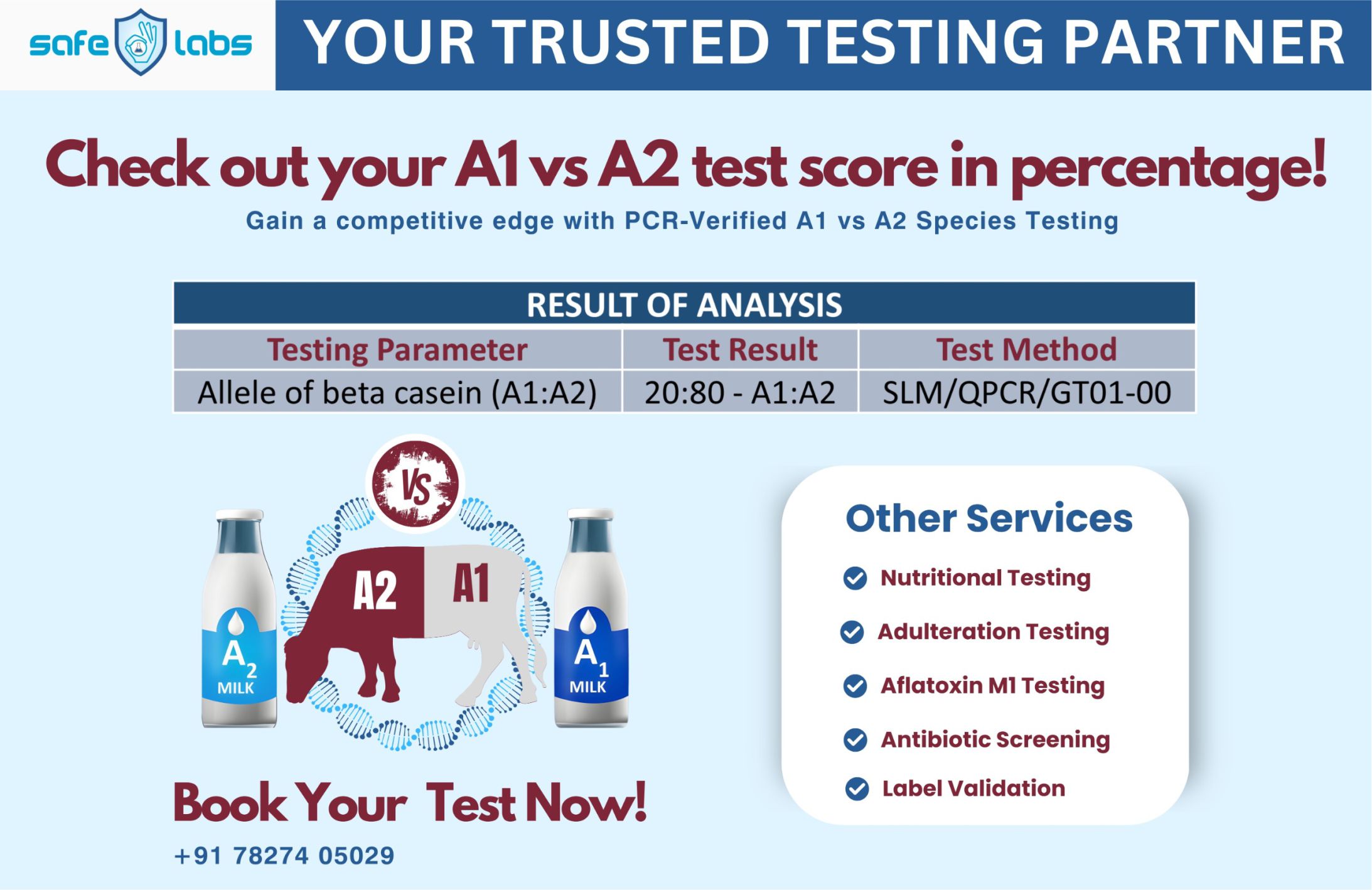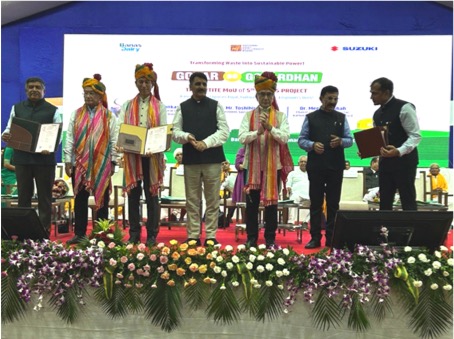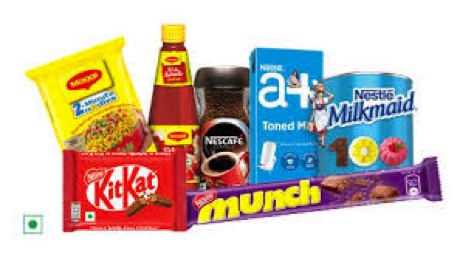As you sit down to read this article, a cup of coffee in hand, just wondering… what did you do with your milk packet? If you haven’t thrown it away, how about we try something different? Like, wash it in hot, soapy water, dry it, store it, collect a few more like it and ship them all off to be recycled or upcycled.
You never know, one day, you may find yourself sitting on your milk packet and enjoying that coffee. “We can upcycle 50kg of milk packets into a little stool,” says Kunal Thalia of Shakti Plastic Industries (SPI), which collects milk pouches and other plastic wrappers from centres all over India, including Chennai, either directly or through tie-ups with NGOs.
“Milk packets contain low-density polythene (LDPE), which can be used to make products like dustbins, stools, buckets, pens, and folders,” he says. The plastic from wrappers etc is technically “down-cycled”, or made into lowergrade plastics, says Kunal. “Recycled plastic is no longer food grade.” SPI is just one of the avenues, says Justina Carolin of Bottles for Change, a plastic recycling initiative by Bisleri.

“We collect more than 9,000 tonnes of plastic a month from individuals and corporates, which we send for recycling. All we need is for people to just wash, dry, and keep them ready for us to collect,” she says. In Anna Nagar, Himani Datar collects milk packets from individuals, schools, gated communities, and offices, and then washes, dries, and ships them off to recyclers across the country.
“I was inspired by the Milk Bag Project in Mumbai,” says Himani, now the Chennai representative of this initiative. “If people find it difficult to send me their packets, I arrange for them to be picked up. I really want these packets out of the landfill,” says Himani, who collects between 50kg to 70kg a month.
Then there’s 75-year-old Manglam Balasubramanian from Pammal, possibly the best-kept secret among sachet-upcycling individuals. Terrible at marketing, by her admission, customers – and that includes government officials – have been flocking to Mangalam for more than 13 years now, simply by word of mouth.
“I employ local weavers and tailors, and we hand make 45 products such as bags, folders, yoga mats, and curtains from milk packets using looms and charkhas. The colours in the products are from the different types of packets — orange from the full cream milk packets and blue from the toned milk ones,” says Mangalam.
“There’s no brand name for my products because there’s no time to think of one. I devote all my time to upcycling.” Renuka Devi, who held a government job earlier through which she came across Mangalam’s work, says her bags fashioned out of Aavin milk packets are always a conversation starter at gatherings.
“They cost about `200, but they are striking. I have converted several families into recyclers and bag buyers,” says Renuka, who runs Aadhira, a skill development centre. At home, she adds, her curtains are upcycled milk packets. N Subbaiyan, MD of Aavin, says the cooperative distributes 50 lakh packets of milk a day in Tamil Nadu and 25 lakh packets a day in Chennai.
“Now, since the packets are made of food-grade plastic, recyclers pay good money for them. This helps keep them out of the landfill to a great extent. Waste collectors too send them to recyclers,” he says. Aavin also has a scheme whereby milk packets can be handed over at outlets in return for around 10p a bag.
“We then send the packets for recycling,” he says. “Unfortunately, only around 10% of milk packets come back to our outlets for recycling.” In 2020, Consumer Action Group conducted an audit of plastics in about 200 homes and found that 40% of the plastic collected was LDPE and most of it was milk packets.
“If we recycle our milk packets, potentially 30% of the plastic waste we generate will not go to the dumpyard,” says Sumana Narayanan, senior researcher at CAG. LDPE can disintegrate into microplastics, less than 5mm in size, which pollute water bodies. “There are so many ways to recycle milk packets if we just make the effort. We just need more people to stop throwing them into the bin,” says Himani. Well, today seems as good a day as any to begin.






























